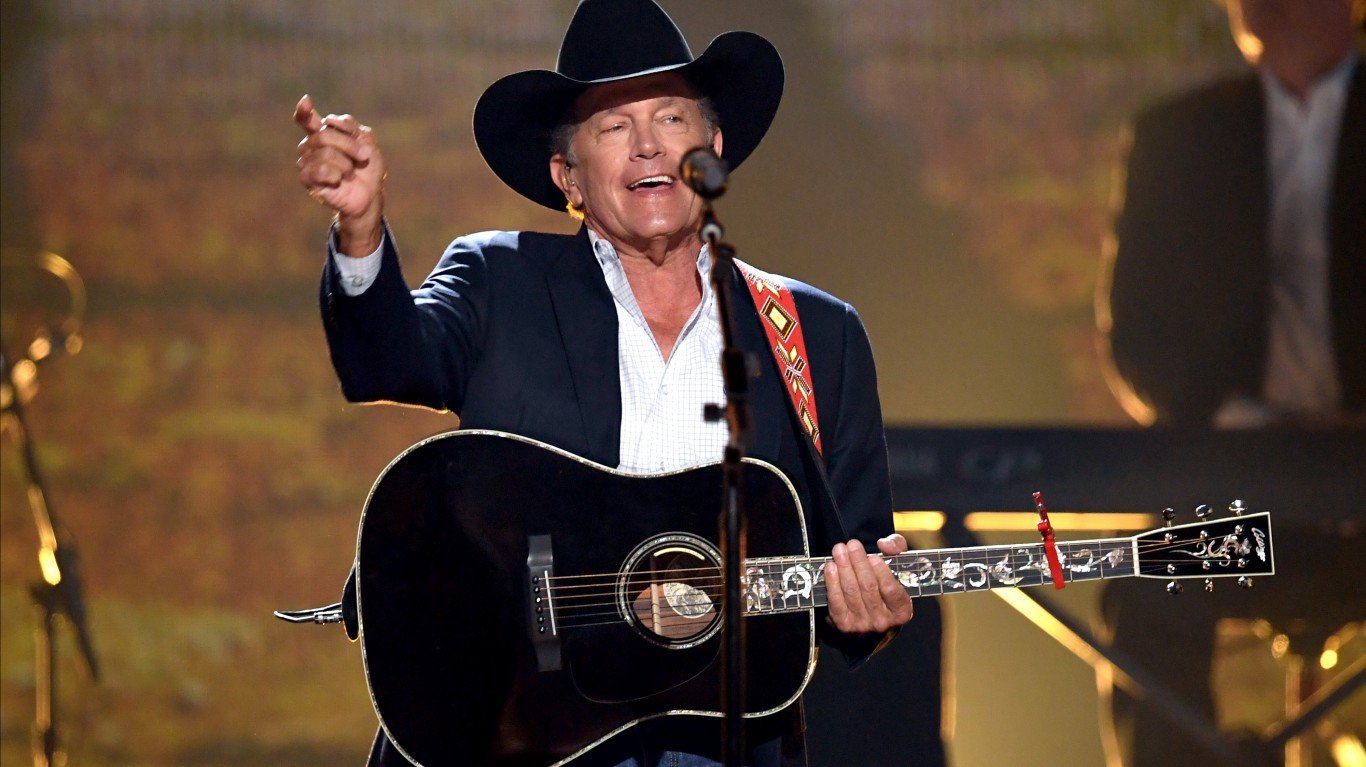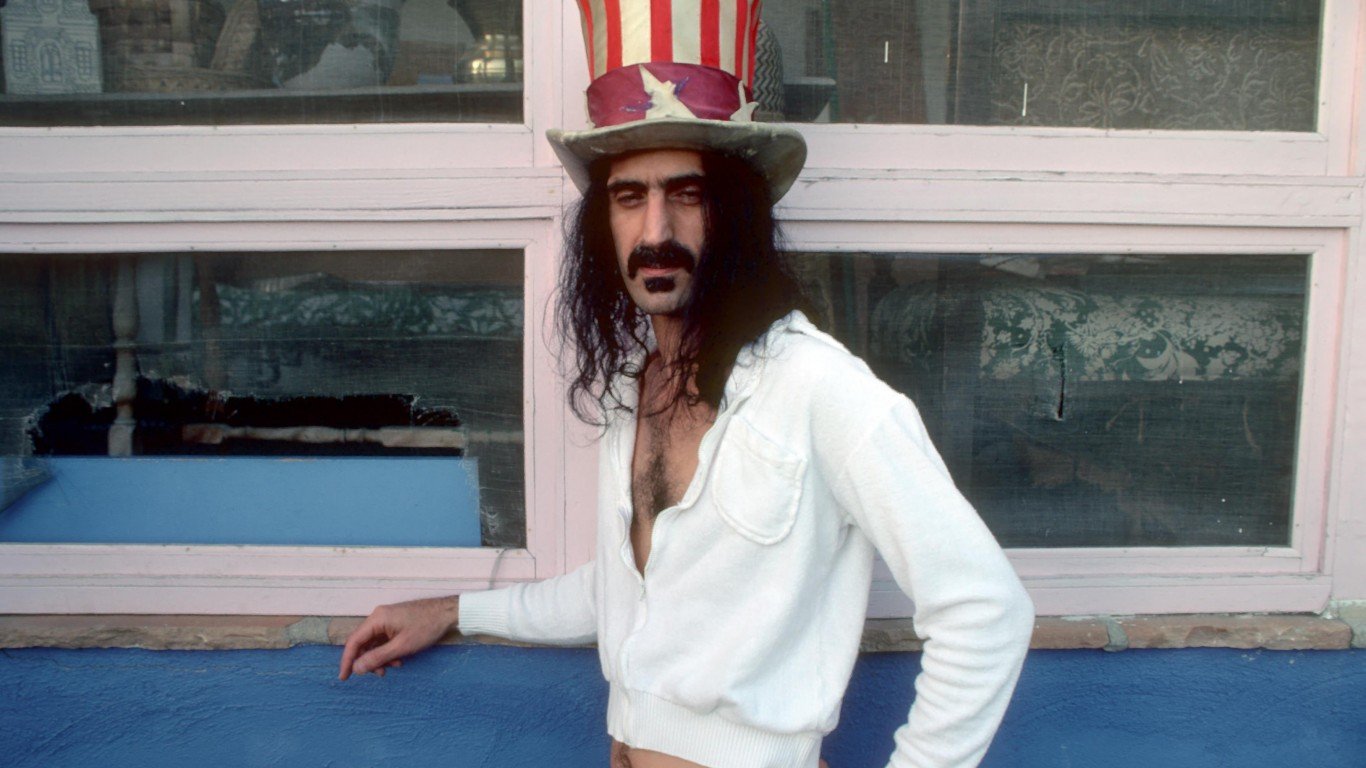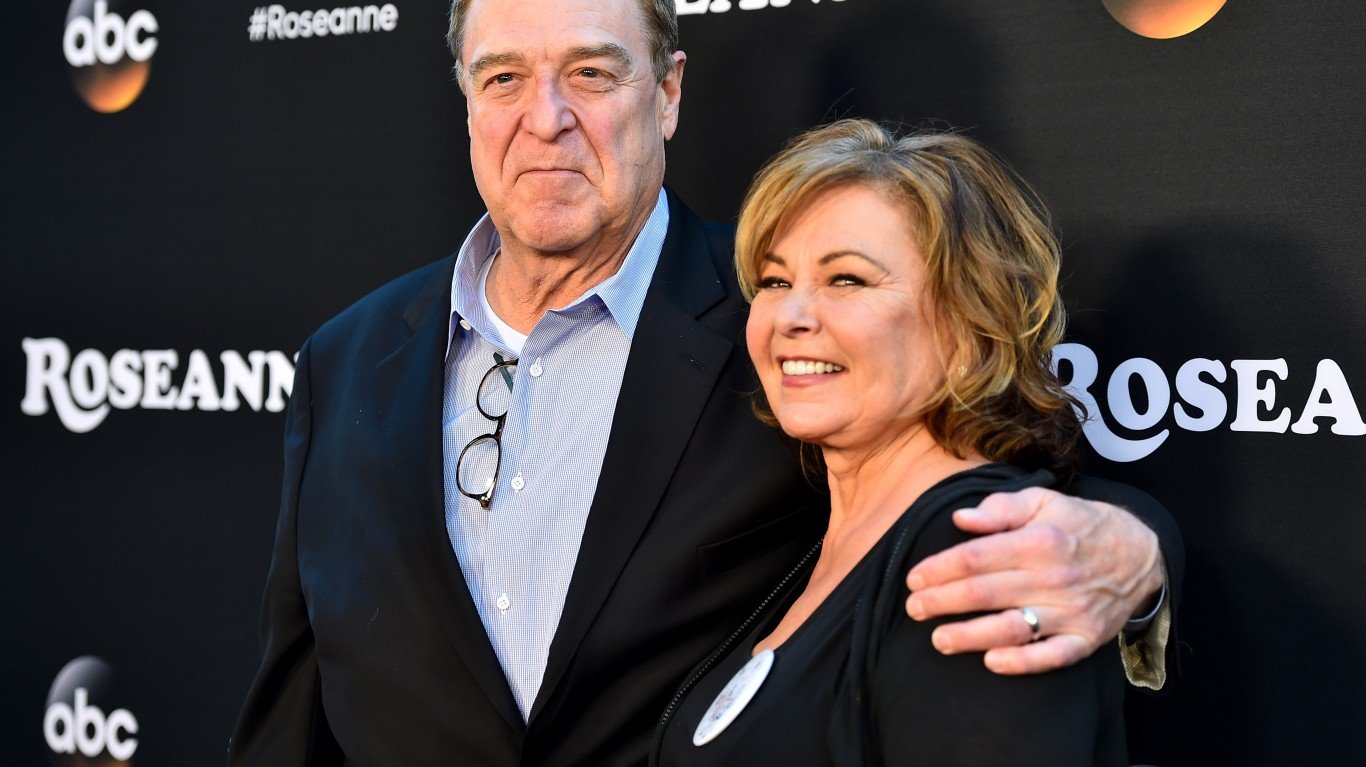

They said streaming video would kill cable as millions of users cut the cord. Then they said that it would kill cable bundling into packages that include hundreds of channels that no one watches. Then they said streaming video might be killing itself.
Well, it’s not quite that bad, but streaming video has run into a problem that it probably expected but that it hasn’t yet figured out how to stop without alienating several million people. According to a report at CordCutting.com, an estimated 24 million Netflix Inc. (NASDAQ: NFLX) users don’t pay for the service. Prime Video from Amazon.com Inc. (NASDAQ: AMZN) and Hulu are each enjoyed by an estimated 5 million non-paying customers.
Netflix counts about 137 million paying subscribers worldwide, equal to about 85% — or 161 million — of all Netflix users, both paying and non-paying. The firm also calculated Amazon Prime Video had 26 million paying subscribers, or 83.5% of all Prime Video users. That works out to 31 million total users. Hulu’s paying users accounted for nearly 81% — 20 million — of 25 million total users.
Using a base Netflix streaming price of $7.99 a month, CordCutting.com calculated that the leading streaming video subscription service is giving away $192 million a month ($2.3 billion annually) to users who are not paying for a subscription. Prime Video is losing $540 million a year and Hulu is giving away $480 million.
Parents are the go-to source for moochers. Nearly 38% of Netflix moochers are using a parent’s subscription, while 32% of Prime moochers and 26% of Hulu moochers use parents’ plans. Siblings and significant others account for most of the rest. Combined, the top three sources are responsible for 64% of all Netflix moochers, over 70% of Amazon Prime moochers and more than 28% of Hulu moochers.
It’s not as if any of the three major streaming services is charging too much. Netflix and Hulu cost $8 a month and Amazon’s Prime Video costs $9 a month, or $13 monthly including the entire range of Prime services. More likely, people have figured out that to get the programming they want they must subscribe to both a cable/satellite package and a streaming service. CordCutting.com found that 62% of people included in its survey subscribed to both, and nearly 30% subscribed only to streaming services.
Notice the plural. Not Netflix, Prime or Hulu offers everything, even in streaming. Streaming HBO Now is available for $15 a month, ESPN streaming packages start at $4 a month, CBS offers its All Access service for $6 a month with ads and $10 a month without, and Disney will enter the fray later this year. A sports-free streaming package of 43 channels is available from Philo TV beginning at $16 a month. Hulu with Live TV offers the traditional over-the-air networks and about 55 other channels for $45 a month. It’s starting to add up.
The point is that for consumers who want everything, streaming is unlikely to be cheaper than a cable/satellite package. It is merely more customizable. The first cable/satellite company that offers true a la carte programming choices to its customers could win big here. Is that day coming soon to a screen near you? Stay tuned.
Take This Retirement Quiz To Get Matched With A Financial Advisor (Sponsored)
Take the quiz below to get matched with a financial advisor today.
Each advisor has been vetted by SmartAsset and is held to a fiduciary standard to act in your best interests.
Here’s how it works:
1. Answer SmartAsset advisor match quiz
2. Review your pre-screened matches at your leisure. Check out the
advisors’ profiles.
3. Speak with advisors at no cost to you. Have an introductory call on the phone or introduction in person and choose whom to work with in the future
Take the retirement quiz right here.
Thank you for reading! Have some feedback for us?
Contact the 24/7 Wall St. editorial team.



